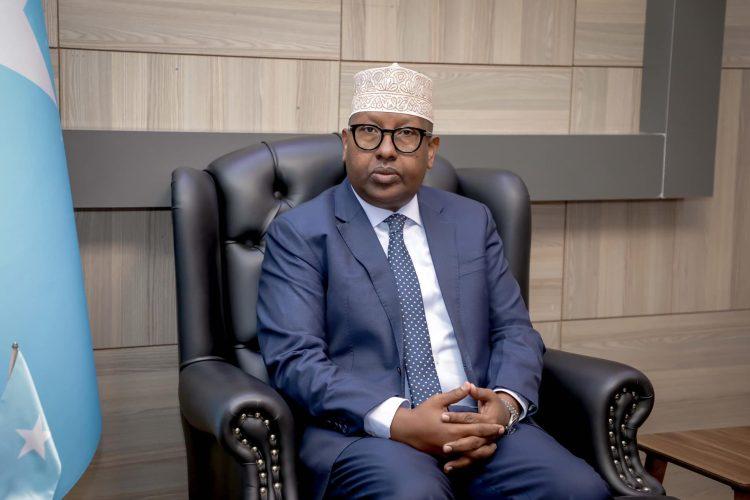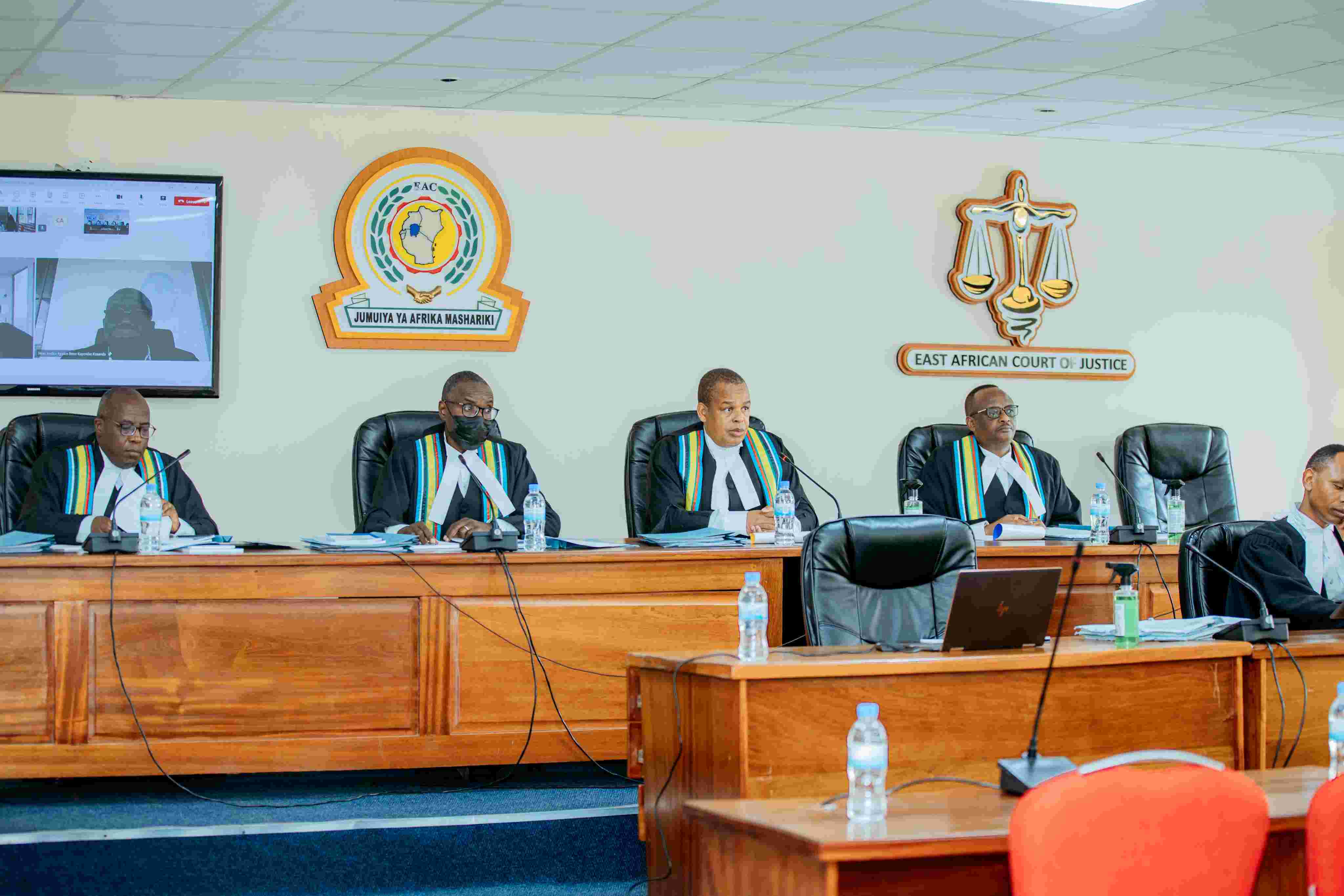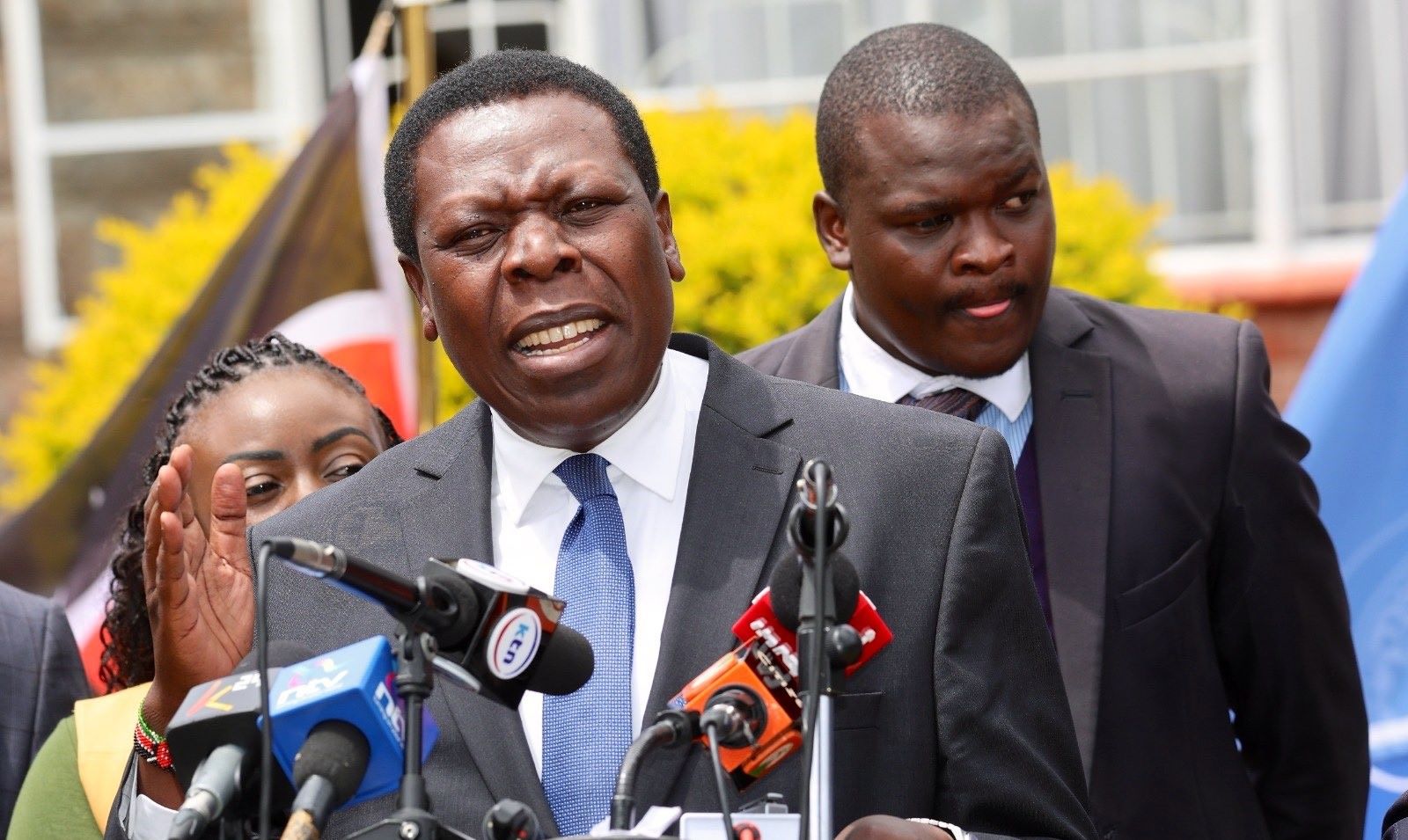EXPLAINER: Know your rights! What to do when police arrest you

The Constitution also guarantees the right to a speedy resolution of the arrest by requiring that the arrested person be brought before a court within 24 hours, or by the end of the next court day if the arrest occurs outside ordinary court hours or on a non-court day.
In Kenya, many individuals encounter difficulties dealing with law enforcement, often unaware of their rights during arrests.
The Occupy Parliament movement, which took to the streets last week, saw Gen Z demonstrate against the Finance Bill in 19 counties.
As of Thursday, June 20, 2024, Amnesty updated that from the demos, at least 104 people had been arrested across the country. This includes Nairobi (20), Garissa (1), Kisumu (3), Vihiga (4), Narok (4), Uasin Gishu (70), and Nakuru (2).
More To Read
- Kanja admits police could have done better in handling Gen Z protests, advocates for training
- Over 100 facilities accredited by SHA to provide cancer care after protests
- LSK’s Faith Odhiambo quits Ruto’s victims compensation panel over legal delays, court hurdles
- LSK faults CS Murkomen over defiance of High Court ruling on masked police officers during protests
- The impact of the recent Finance Bill on different sectors
- LSK President Faith Odhiambo vows victim-centred justice for protest and riot victims
On Friday, June 21, Billy Simani, popularly known as Crazy Nairobian, was arrested and released a day later.
On Sunday, Dr. Austin Omondi was also arrested outside the Sikh Temple in Parklands, Nairobi, and was later released. Omondi is among the doctors mobilising his colleagues to treat protesters countrywide.
On Monday, CCTV footage circulating in social media showed that Shad Khalif, one of the protestors who has been publicly opposing the proposed Finance Bill 2024, was abducted by unknown people at La Enzi Plaza in South B, Nairobi, on Sunday evening.
Fortunately, the Kenyan Constitution outlines the rights of arrested persons, including ensuring their fair treatment during legal proceedings.
According to Article 49 of the Constitution, an arrested person enjoys several fundamental rights that must be upheld by those responsible for their arrest.
 Police officers use teargas to disperse protesters demonstrating against Kenya's proposed finance bill 2024/2025, in Nairobi, Kenya, June 18, 2024. (Photo: REUTERS/Monicah Mwangi)
Police officers use teargas to disperse protesters demonstrating against Kenya's proposed finance bill 2024/2025, in Nairobi, Kenya, June 18, 2024. (Photo: REUTERS/Monicah Mwangi)
Firstly, upon arrest, the individual must be promptly informed in a language they understand about the reason for their arrest.
"An arrested person has the right to be informed promptly, in language that the person understands, of the reason for the arrest, the right to remain silent, and the consequences of not remaining silent," reads the Constitution.
Arrested persons also have the right to remain silent and the implications of choosing to speak or not.
Furthermore, an arrested person has the right to communicate with a lawyer and other necessary persons.
This ensures they can receive legal advice and necessary support during their detention and subsequent legal processes.
Importantly, the Constitution prohibits any form of coercion to force an individual to confess or admit to anything that could be used against them in court.
To safeguard their dignity and well-being, an arrested person must be held separately from convicted individuals serving sentences.
This measure aims to prevent undue influence or harm during the period of detention.
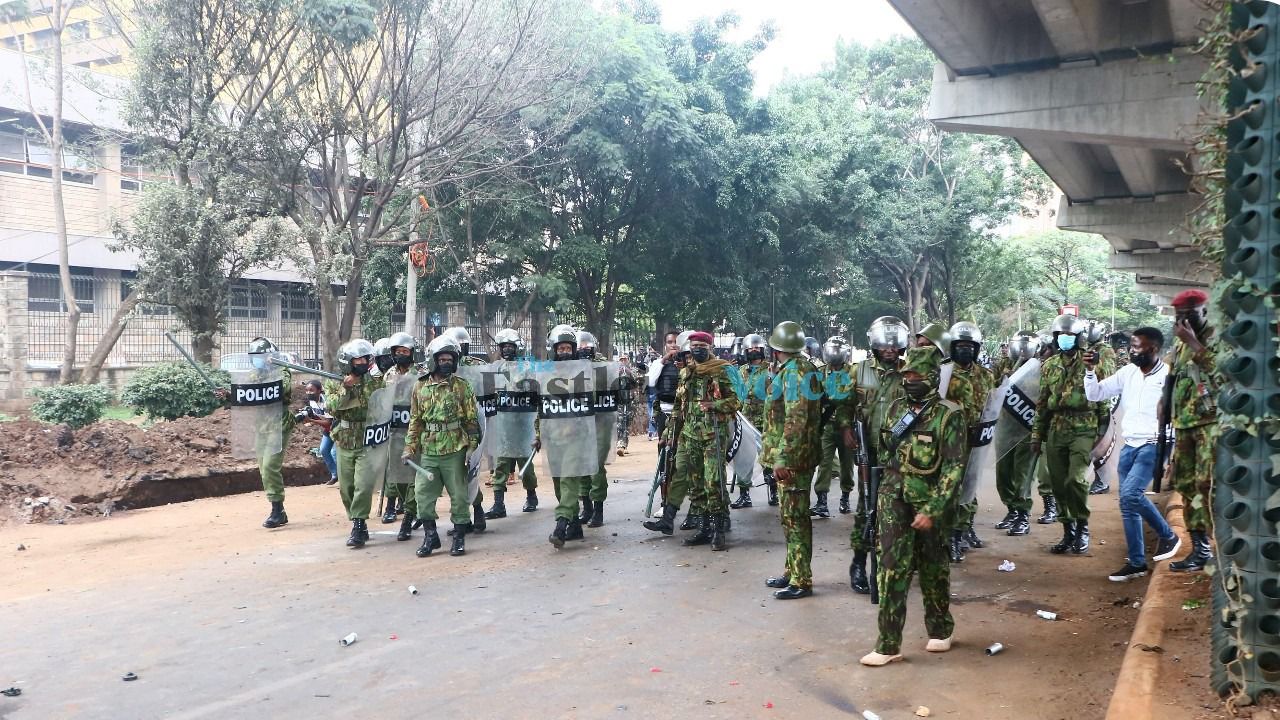 Police officers on Uhuru Highway during the anti-Finance Bill protests on June 20, 2024. (Photo: Justine Ondieki)
Police officers on Uhuru Highway during the anti-Finance Bill protests on June 20, 2024. (Photo: Justine Ondieki)
The Constitution also guarantees the right to a speedy resolution of the arrest by requiring that the arrested person be brought before a court within 24 hours, or by the end of the next court day if the arrest occurs outside ordinary court hours or on a non-court day.
At this initial court appearance, the person must either be charged with an offence, informed why their detention continues, or be released.
Moreover, under Article 49, Section (h), an arrested person has the right to be released on bond or bail under reasonable conditions pending their trial, unless there are compelling reasons to deny them this right.
It's important to note that a person cannot be held in custody if the offence they are accused of is punishable by a fine or imprisonment for not more than six months, ensuring that the severity of the alleged offence matches the conditions of their detention.
"A person shall not be remanded in custody for an offence if the offence is punishable by a fine only or by imprisonment for not more than six months," reads the Constitution.
In essence, Article 49 of the Kenyan Constitution provides a robust framework of rights aimed at protecting the dignity, liberty, and fair treatment of arrested individuals. These rights serve as a crucial safeguard against abuse of power and ensure that justice is administered fairly and transparently in Kenya.
Lawyer Paule Muite has called on the police to stop abducting people at night and allow them to comply with Article 49.
"Police, stop abducting people, especially at night, like you're criminal thugs. Arrest them in broad daylight & comply with Article 49 of the Constitution, Rights of an arrested person," he said.
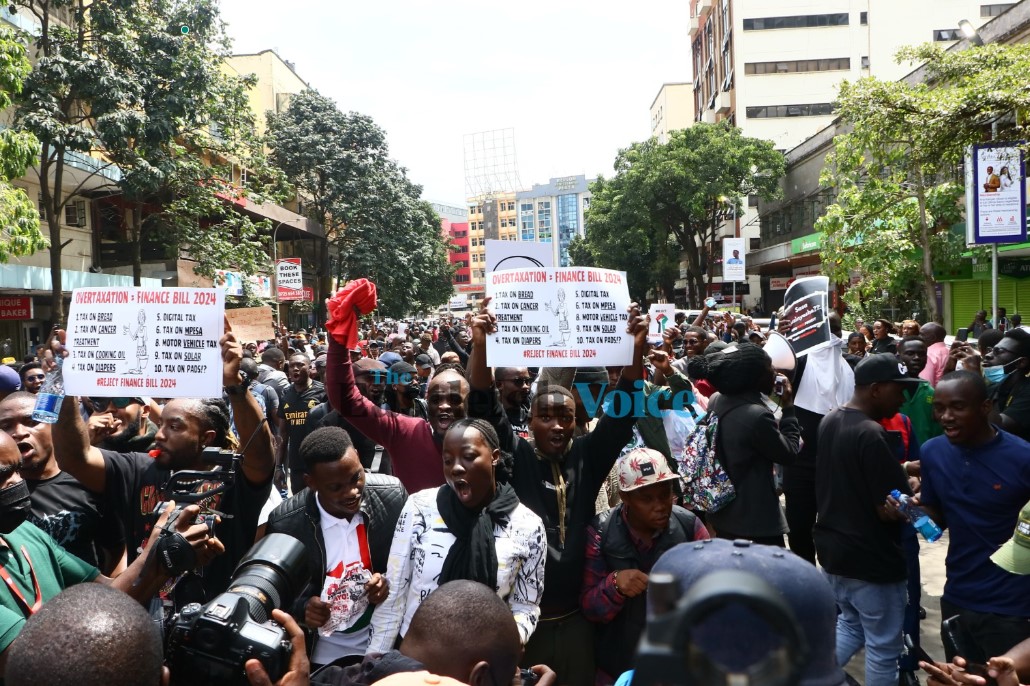 #OccupyParliament protestors outside the Nation Centre in Nairobi CBD on June 18, 2024. (Photo: Justine Ondieki/EV)
#OccupyParliament protestors outside the Nation Centre in Nairobi CBD on June 18, 2024. (Photo: Justine Ondieki/EV)
Top Stories Today
Reader Comments
Trending







